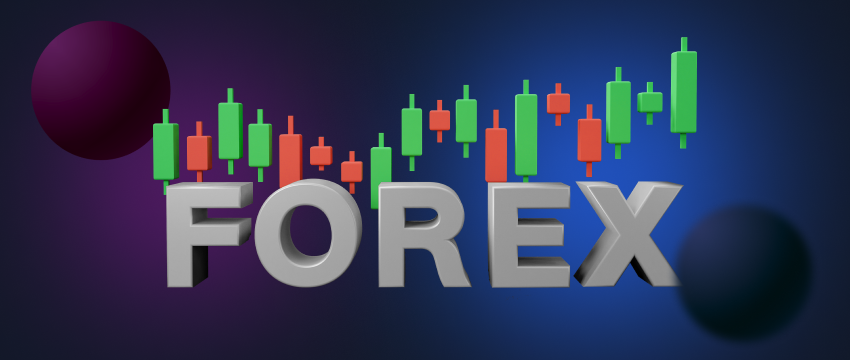Forex Trading 101: A Beginner's Guide to the Currency Market
Forex Trading 101: A Beginner's Guide to the Currency Market
Blog Article
The international change market, or forex, is the biggest economic market in the world, with a regular turnover exceeding $7.5 billion by 2023. But also for several beginners, that huge market place may look overwhelming. So how exactly does it function? How do you get started? This guide will present one to the fundamentals of Forex trading and set the point for the first steps in this fascinating and dynamic market.

What is Forex Trading?
Forex trading requires the change of just one currency for yet another on the worldwide market. As opposed to centralized exchanges (like inventory markets), Forex works via a decentralized network of banks, economic institutions, corporations, and personal traders. The target? To benefit from changes in currency exchange rates.
As an example, if you estimate that the EUR/USD pair may rise, you would obtain euros against the US dollar. If the Euro increases as predicted, you are able to sell it right back at an increased value, profiting from the difference.
Critical Phrases You Have to Know
To achieve Forex, it's crucial to familiarize your self with vital terms:
•Currency Pairs: Forex trades are performed in pairs, such as EUR/USD (euro versus US dollar). The very first currency is the base, while the second reason is the quote.
•Pips: Pip, or “percentage in position,” is the littlest value movement a currency pair can make.
•Bid and Question Prices: The bid value is what a buyer is willing to pay, whilst the question price is the price a seller is wondering for. The big difference is named the spread.
•Power: Forex trading enables traders to control big roles using smaller levels of money, as a result of leverage. But, this increases both possible gets and risks.

Exactly why is Forex Trading Common?
Forex trading attracts a broad spectrum of an individual for the mobility and potential. Unlike traditional inventory markets, Forex is open twenty four hours each day, five times per week, because of global time zones. This means you are able to deal anytime that fits you. Also, the large liquidity of Forex ensures that trades may be executed quickly and efficiently, frequently without significant price slippage. Report this page